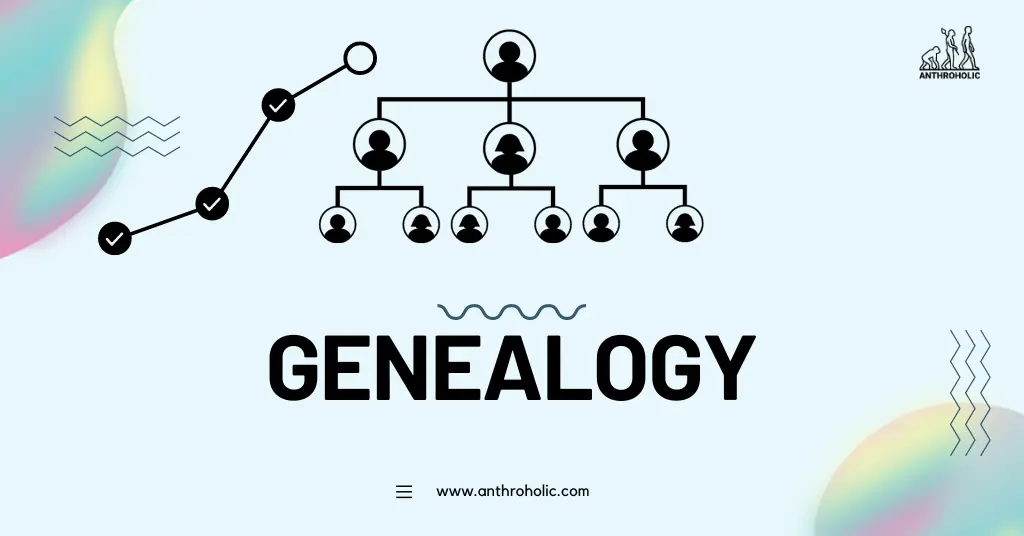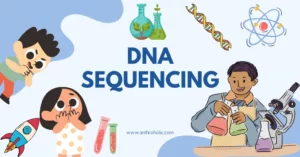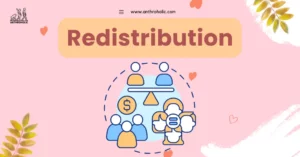AI Answer Evaluation Platform Live Now. Try Free Answer Evaluation Now
Genealogy
Genealogy is the study of families and the tracing of their lineages and history. It involves collecting, analyzing, and interpreting data from various sources, including written records, oral traditions, genetic analysis, and more [1]. As an increasingly popular hobby and an essential tool for researchers in various fields, genealogy offers unique insights and valuable data that can be utilized in a myriad of ways.

The Science of Genealogy
Techniques and Sources for Data Collection
Genealogists employ numerous techniques and sources to gather information. These include:
- Census Records: Public records that provide details about individuals and families.
- Vital Records: Birth, marriage, death, and divorce records.
- Probate Records: Wills and estate inventories.
- Immigration and Naturalization Records: Records of immigrants’ entry into a new country.
- DNA Testing: Advanced techniques of genetic genealogy.
- Oral Histories: Interviews and personal stories from family members.
- Historical Newspapers: Announcement of births, deaths, and marriages, among other things.
- Online Databases: Digitized records like Ancestry.com and FamilySearch.org [2].
| Source | Data Provided |
|---|---|
| Census Records | Age, Occupation, Birthplace, Family members |
| Vital Records | Names, Dates of birth/death/marriage |
| Probate Records | Wealth, Family Connections |
| Immigration Records | Country of Origin, Date of Entry |
| DNA Testing | Ancestral Origins, Genetic Relatives |
| Oral Histories | Personal Stories, Unrecorded Information |
| Historical Newspapers | Social Events, Obituaries |
| Online Databases | Comprehensive Records, Family Trees |
Genetic Genealogy and DNA Testing
Genetic genealogy utilizes DNA testing as a tool for determining biological relationships between individuals. DNA testing can reveal both close and distant relatives, as well as provide insights into ethnic backgrounds and ancestral migration patterns [3].
The Value of Genealogy Data
Personal Interest and Identity Formation
Genealogy provides a means of understanding one’s history and identity. People often undertake genealogical research out of curiosity about their family history or to establish a sense of connection with their ancestors [4].
Academic Research
In academia, genealogical data has applications in various fields including history, sociology, genetics, and anthropology. For example, historians might use genealogical data to explore societal trends over time, while geneticists can utilize this data to investigate genetic diseases or track migration patterns [5].
Legal and Health Applications
Genealogical data can also be used to resolve legal disputes related to inheritance and citizenship. In healthcare, a detailed family health history can help predict an individual’s risk of developing certain conditions [6].
Genealogy and Technology: A Powerful Synergy
With the onset of technology and digitization, genealogy has become more dynamic, detailed, and demystified.
Digitized Records
More and more records are now digitized and made available online, from census data and immigration records to war enlistment cards and wills. These digital resources have increased the availability of genealogical data and significantly improved the ease with which it can be accessed [7].
DNA Testing
Technological advancements in the field of genomics have led to the popularization of direct-to-consumer DNA testing kits. Companies like AncestryDNA and 23andMe offer users the opportunity to discover their genetic makeup, ancestral roots, and even connect with unknown relatives [8].
Genealogy Software
Software tools allow for the effective organization and visualization of genealogical data. These platforms offer functionalities such as creating family trees, searching databases, recording sources, and more. Software solutions like Ancestry, MyHeritage, and Family Tree Maker are leading the way in making genealogical research more manageable and intuitive [9].
Challenges and Ethics in Genealogy
Despite its many benefits, genealogy as a tool of data collection also presents certain challenges and ethical considerations.
Accuracy of Information
The accuracy of genealogical data can be affected by various factors, including misinterpretation of sources, transcription errors, or even deliberate falsification [10].
Privacy Concerns
With genealogy databases holding sensitive personal information and DNA data, privacy is a major concern. The potential misuse of this information can lead to a range of issues, from identity theft to genetic discrimination [11].
Ethical Use of Data
The ethical use of genealogical data is a topic of ongoing discussion, particularly in relation to topics like using genealogy databases in law enforcement, and the handling of sensitive historical events [12].
The Future of Genealogy
With the advent of advanced technologies, genealogy is becoming more accessible and efficient. The rise of big data and artificial intelligence presents exciting opportunities for genealogists, potentially leading to novel insights and breakthroughs in various fields.
Conclusion
Genealogy as a tool for data collection is multifaceted, with far-reaching implications and applications. However, with its growth and increasing relevance in the digital age, it also invites significant challenges and ethical considerations. Ultimately, genealogy offers an incredible lens through which we can view and understand our past, informing our present and future in unique ways.
References
- Bress, J. (2021). The complete beginner’s guide to genealogy, the Internet, and your genealogy computer program. Clearfield.
- Croom, E. M. (2001). Unpuzzling Your Past. Betterway Books.
- Bettinger, B. (2019). The Family Tree Guide to DNA Testing and Genetic Genealogy. Family Tree Books.
- Nash, C. (2002). Genealogical identities. Environment and Planning D: Society and Space, 20(1), 27-52.
- Zerubavel, E. (2012). Ancestors and Relatives: Genealogy, Identity, and Community. Oxford University Press.
- Guo, S. W. (2010). Familial risks, heritability, and other epidemiological measures. In The Oxford Handbook of Public Health Genetics.
- Tanner, J. (2013). Digitizing Your Family History. FamilySearch International.
- Royal, C. D., Novembre, J., Fullerton, S. M., Goldstein, D. B., Long, J. C., Bamshad, M. J., & Clark, A. G. (2010). Inferring genetic ancestry: opportunities, challenges, and implications. The American Journal of Human Genetics, 86(5), 661-673.
- Eastman, D. (2022). Choosing a Genealogy Software Program. Ancestry Publishing.
- Titford, J. (2004). The pitfalls and rewards of genealogy. Family History Monthly, 124, 16-17.
- McGuire, A. L., & Gibbs, R. A. (2006). Genetics. No longer de-identified. Science, 312(5772), 370-371.
- Rothstein, M. A., & Talbott, M. K. (2006). The expanding use of DNA in law enforcement: what role for privacy? The Journal of Law, Medicine & Ethics, 34(1), 153-164.




